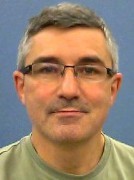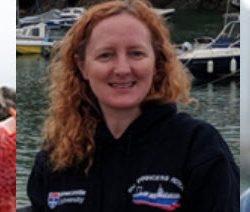Using online computer simulations for electronics
A programme developed by Autodesk called Tinkercad, an online computer simulation, was used in place of the hardware students would normally use. This started out with 12 students’ projects but has moved to over 180 in a module due to the success with the original 12 students.










